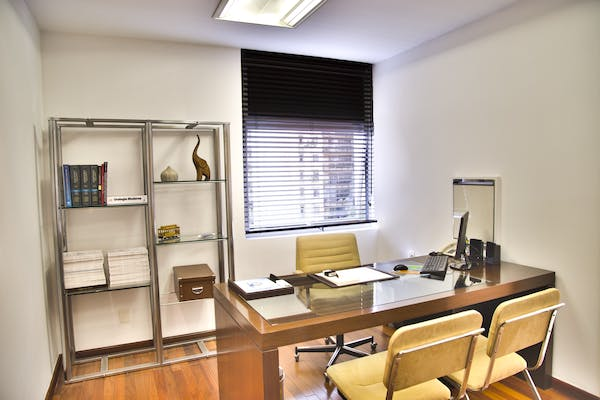Many people who suffer from chronic skin disorders automatically blame it on “bad genes.” While genetics can certainly play a role in the formation of dry skin (xerosis), psoriasis outbreaks, eczema, acne, etc., low humidity is often the underlying cause. Individuals who are constantly exposed to environments in which the relative humidity (RH) is below 40% are naturally at a greater risk for developing skin problems.
Without diving too deep into the technical side of things, humidity is a measurement of the amount of water vapor in the air. The term relative humidity is specifically used to measure the total amount of moisture the surrounding air is capable of holding at the given temperature. Warm air is less dense, meaning it’s able to hold less moisture. This is why most indoor facilities experience low humidity during the winter season.
Unfortunately, low-humid environments promote a wide range of skin disorders and problems. Our skin consists of the three following layers: the hypodermis (deepest layer), dermis (middle layer), and epidermis (outer layer). Between these layers are a network of soft tissue, vessels nerves, collagen, tissue fibers and oil glands, all of which play a critical role in the skin’s overall function.
When the skin is exposed to low humidity over a prolonged length of time, many of these components begin to dry up and stop functioning. You have to remember that our skin is comprised of 60-65% water. If it doesn’t receive the adequate external hydration through air-borne water vapor, it may lead to some unpleasant side effects like dry skin, itching, and psoriasis outbreaks. In fact, the American Skin Association even ranks “low humidity” as the most common cause of dry skin.
“Skin owes its soft, pliable texture to its water content. Dry air (low humidity), probably the most common cause of dry skin, causes an evident reduction of water content. Furthermore, dry skin results when lipids are depleted and there is not enough water in the stratum corneum for it to function properly,” wrote the American Skin Association (ASA) on its website.
There are some steps you can take to promote healthy skin, one of which is regularly monitoring indoor humidity levels. If you work in an office for eight or more hours a day, install a humidifier to help regulate the moisture vapor. This alone will make a world of difference in preventing dry skin and various other skin disorders.





